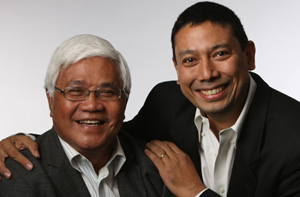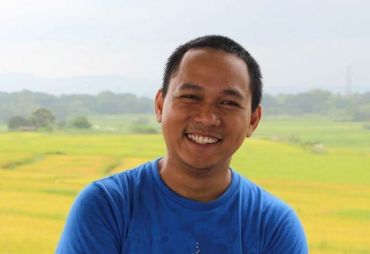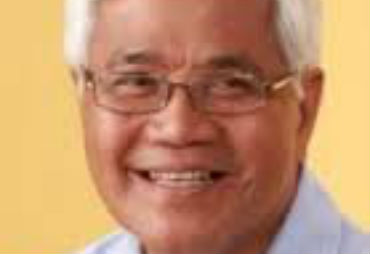Gawad Kalinga, meaning to ‘give care’, is a Philippines-based movement that aims to end poverty by first restoring the dignity of the poor. The organization employs an integrated and holistic approach to empowerment, with values-formation and leadership development at its core. Gawad Kalinga is building a nation empowered by people with faith and patriotism; a nation made up of caring and sharing communities, dedicated to eradicating poverty and restoring human dignity. Their mission is to end poverty for five million poor families by 2024. The organization was established in 2003, but the work began as early as 1994 in Bagong Silang, the biggest squatters’ relocation site in Manila. Since then Gawad Kalinga has expanded its work to over 2,000 communities in the Philippines, and to other developing nations like Cambodia, Indonesia, and Papua New Guinea. Gawad Kalinga is at the forefront of peace-building work in conflict areas in Mindanao, and reconstruction work in post-disaster communities.
Gawad Kalinga communities become models for their surrounding areas and former slum dwellers begin helping those worse off, creating a virtuous cycle for ending poverty.
Expansion and Replication. Deepen engagement in the 2,000 villages and make them on-the-ground “universities” to demonstrate the three-stage approach as a better paradigm for development.

Founder and Chairman, Gawad Kalinga Community Development Foundation
Starting from humble beginnings, Tony Meloto was an outstanding scholar who gained financial and professional success. Still, he was driven to understand how poverty had been institutionalized in his country, and began working with young gang members in one of Manila’s most dangerous slums. Through this work he came to know a fellow volunteer, Jose Luis Oquiñena, and together they crafted the vision of Gawad Kalinga, an organization whose name means “to give care” and whose development approach engages all sectors of society to end poverty, starting with housing, then adding education and livelihoods. The model emphasizes values shared by individuals and communities, and views poverty as not merely the absence of money, but the lack of community and sense of higher purpose. “Slum environments breed slum behavior” is a motto, emphasizing the importance of both physical and spiritual transformation. GK coordinates as corporate partners donate materials and employee time; local governments invest in infrastructure; owners get tax credits for donating lands; and volunteers provide sweat equity. Tony was ranked as the fourth most trusted person in the Philippines by Readers Digest Asia.

